From August 17–24, the historic city of Dresden, Germany hosted the 2025 World Transplant Games, a biennial gathering that unites athletes of all ages and backgrounds. Every competitor is either a transplant recipient, a living donor, or a donor family member, coming together to honor the gift of life through sport. Events range from track and field to swimming, cycling, tennis, and team sports like volleyball and soccer. Dresden, often called the “Florence on the Elbe,” provided a stunning backdrop for the Games. Known for its baroque architecture and rich cultural heritage, the city was a fitting host for an event centered on renewal and hope.
Throughout the week, the city buzzed with activity. Locals and visitors alike attended competitions, all free to the public and joined in cultural events such as the Intercultural Ceremony, the Cultural Evening at City Beach, and the Gala Dinner that closed the Games.
The festivities began with the Parade of Nations, where athletes marched through the city streets waving flags as spectators cheered them on. The Opening Ceremony blended German cultural traditions with the universal message of the Games, organ donation saves lives, and those lives can go on to achieve extraordinary things.
Athletes from 51 countries gathered in Dresden to proudly showcase their skills and determination. Among the long list of competitors, Team USA made it mark with two Team Arizona competitors proudly representing our Arizona community on the world stage. Damon Buckhana, took on a demanding schedule that included the 100-meter sprint, the 4×100 meter relay, and the 50-meter freestyle swim, just to name a few of his events. Jan Beck returned to the World Games with a stellar showing, earning two bronze medals one in bowling singles and one in Darts – making Arizona proud.
Meanwhile, Omar Hashem brought his passion and experience to the soccer field. As a member of Team Arizona, Omar was representing his native nation of Saudi Arabia at the World Games. As a seasoned player from Saudi Arabia, Omar’s knowledge of the game made him an asset to his team. Soccer at the World Transplant Games is fast-paced and fiercely competitive, his participation was a reminder that transplant recipients can return to the sports they love and excel. Damon, Omar, and Jan competed in different disciplines, showing the diversity of talents within the transplant community.
While the competition in Dresden was fierce, the atmosphere was one of camaraderie and mutual respect. Many of the athletes trained for months, and often years for the chance to represent their countries on this global stage. Many had overcome serious illness, long waits for a donor organ, and grueling recoveries. For some, the Games marked their first time competing internationally; for others, it was a return to a community that understands the unique challenges of life after transplant. Competitors cheered for one another regardless of nationality, and friendships formed across continents. The Games are not just about winning; they’re about living fully and inspiring others to do the same.
The World Transplant Games are organized by the World Transplant Games Federation, which has been staging these events for decades to promote physical activity after transplantation and to raise awareness about the importance of organ donation. Amid this year’s Games, Germany marked a historic milestone with the 100,000th kidney transplant since the country’s first such procedure in 1963. This achievement, announced by the German Organ Transplantation Foundation (DSO), symbolizes not only six decades of medical progress but also 100,000 new chances at life for patients with severe kidney disease.
Events like the World Transplant Games are more than sporting competitions, they are platforms for advocacy. They bring new stories, new champions, and new opportunities to honor the gift of life. For Team Arizona, the Games were an opportunity to inspire their local community back home. By sharing their experiences, they hope to encourage more people to consider becoming organ donors and to show transplant recipients that an active, fulfilling life is possible after surgery. As the curtain closed on Dresden 2025, the message was clear: the Games are not just about winning. They’re about living. And in that sense, every athlete went home a champion.

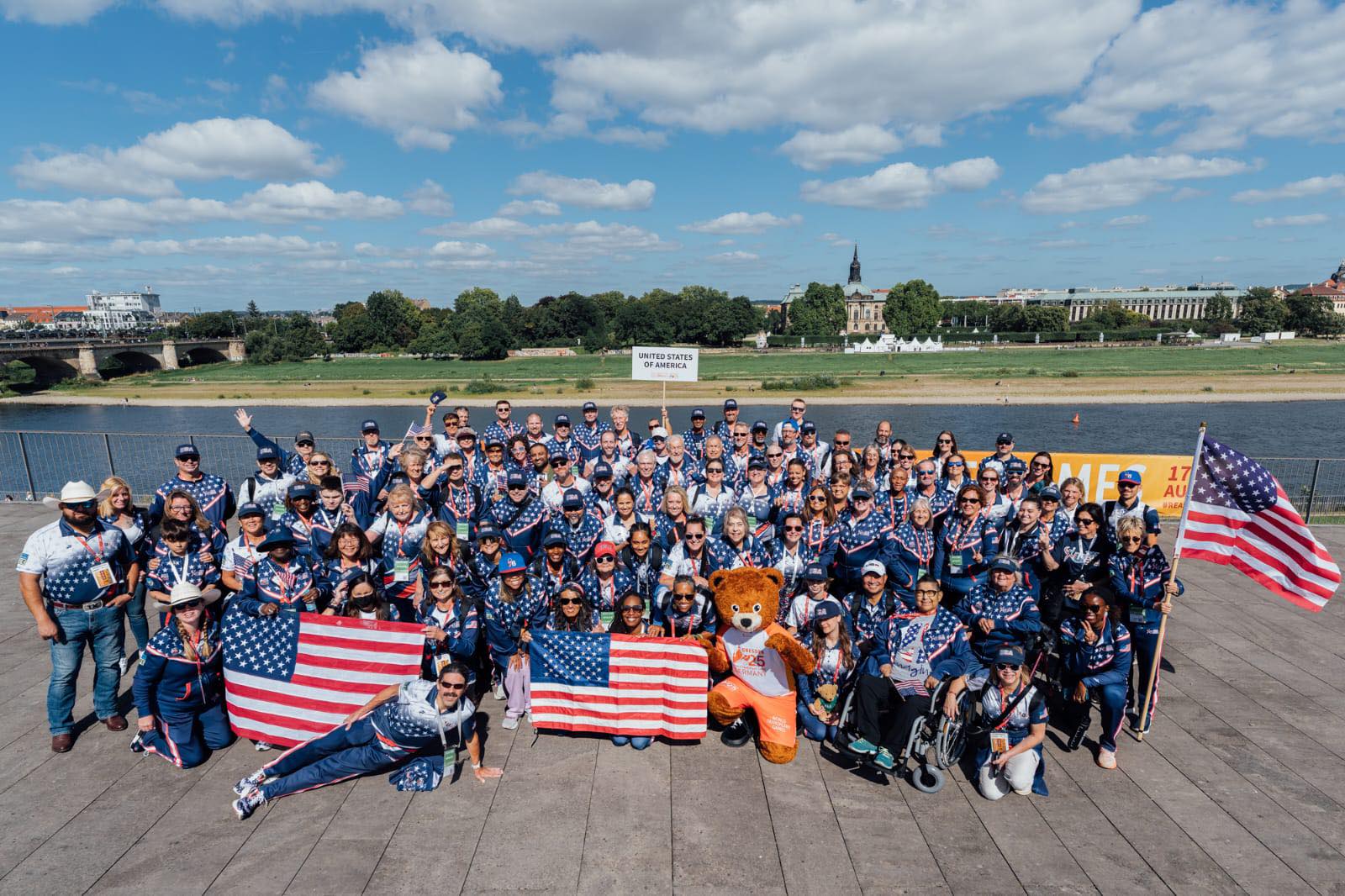
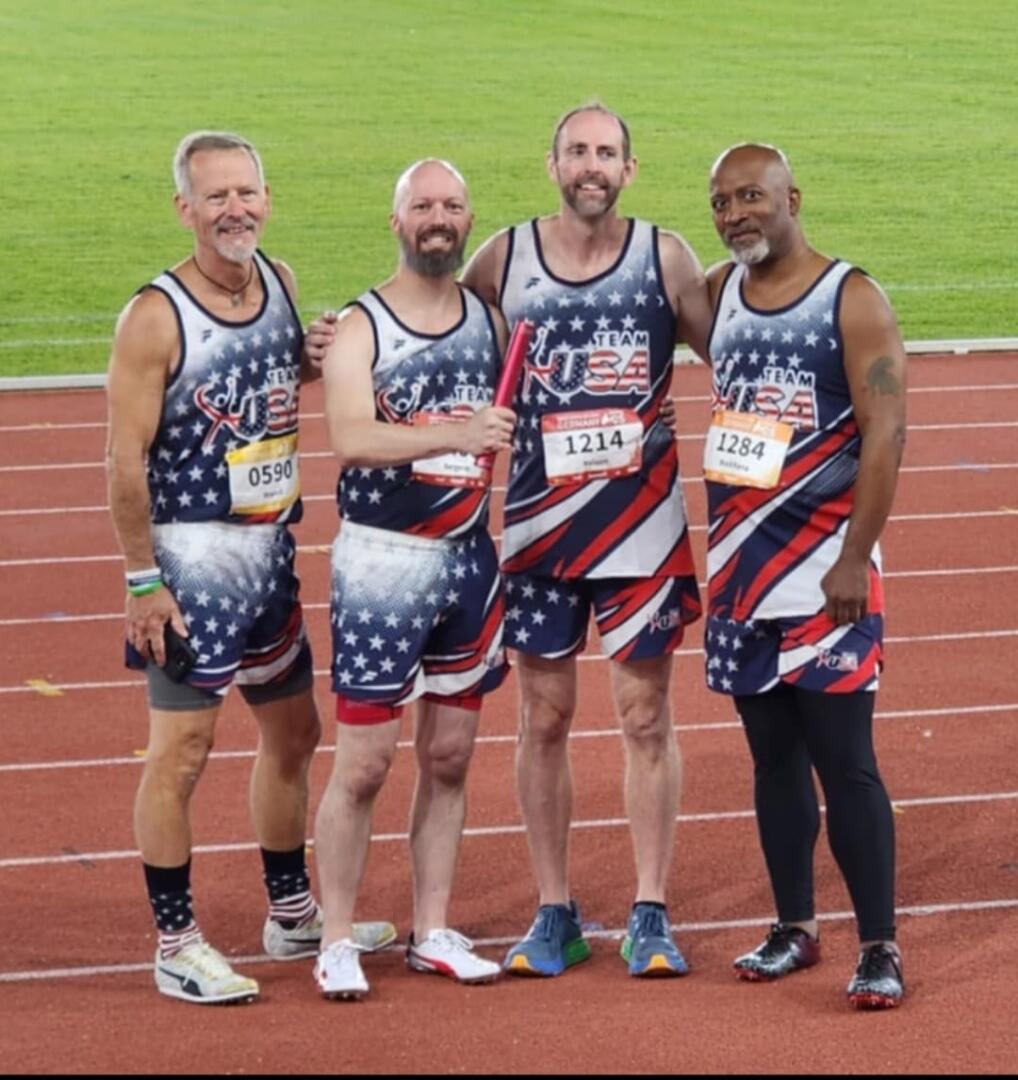
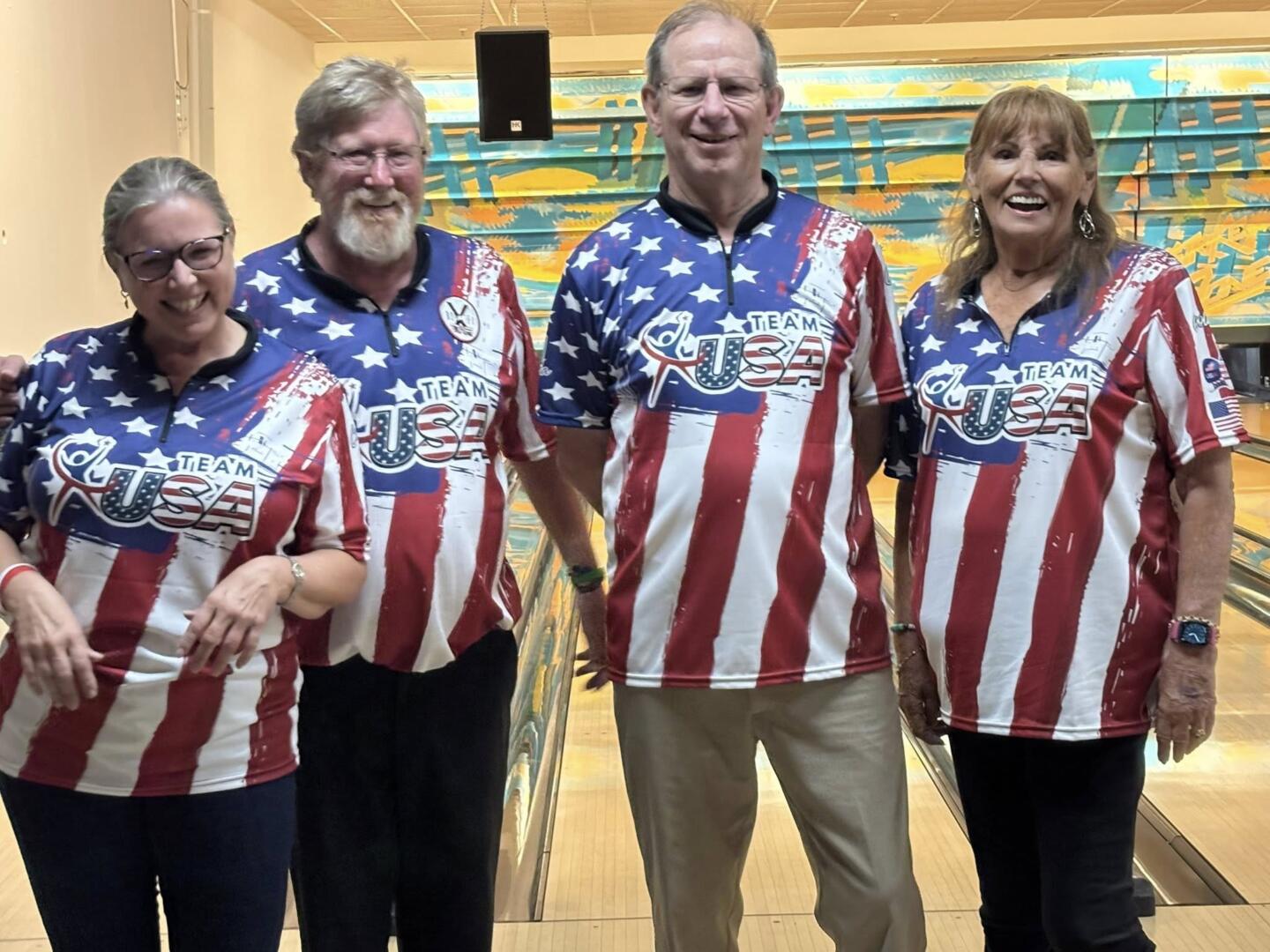
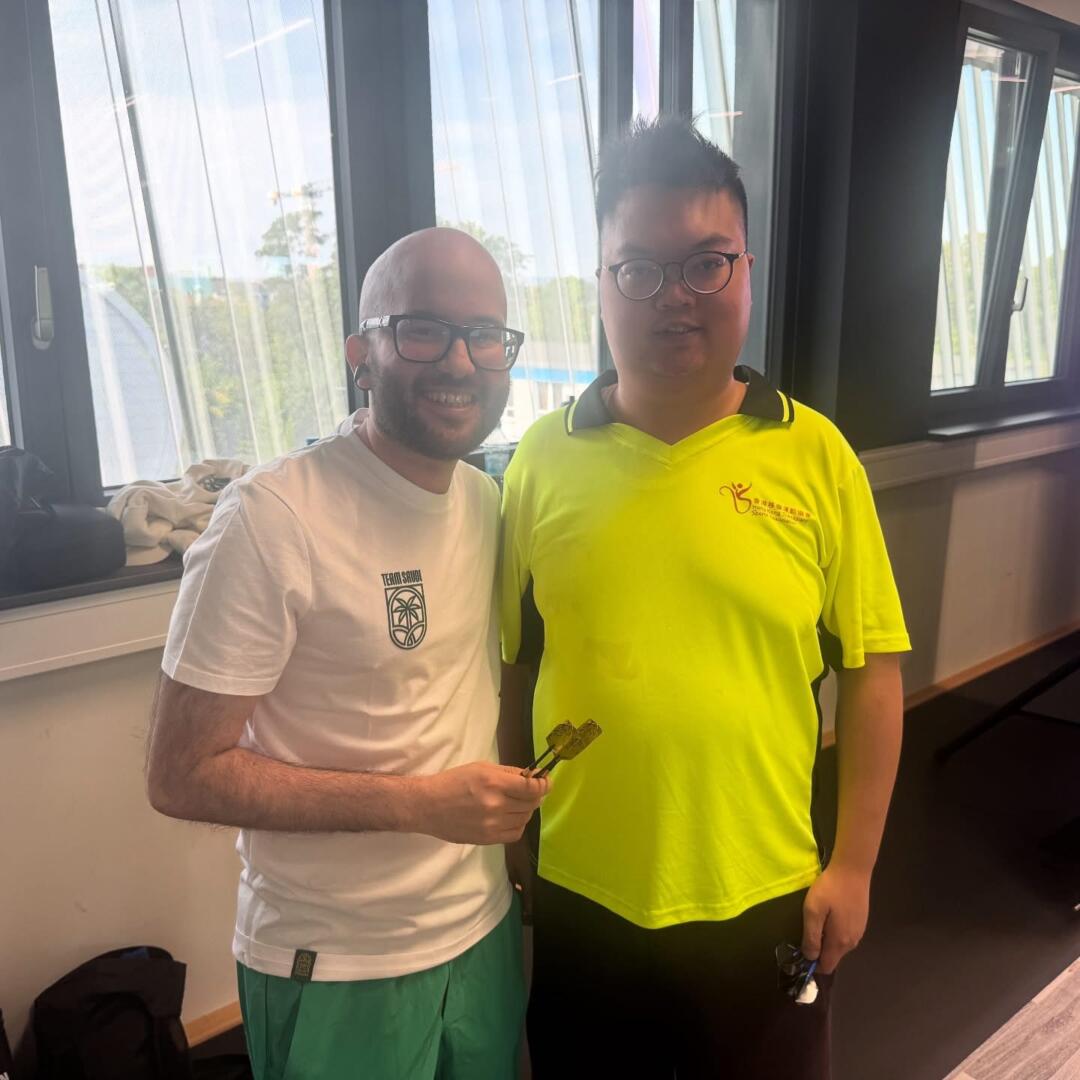
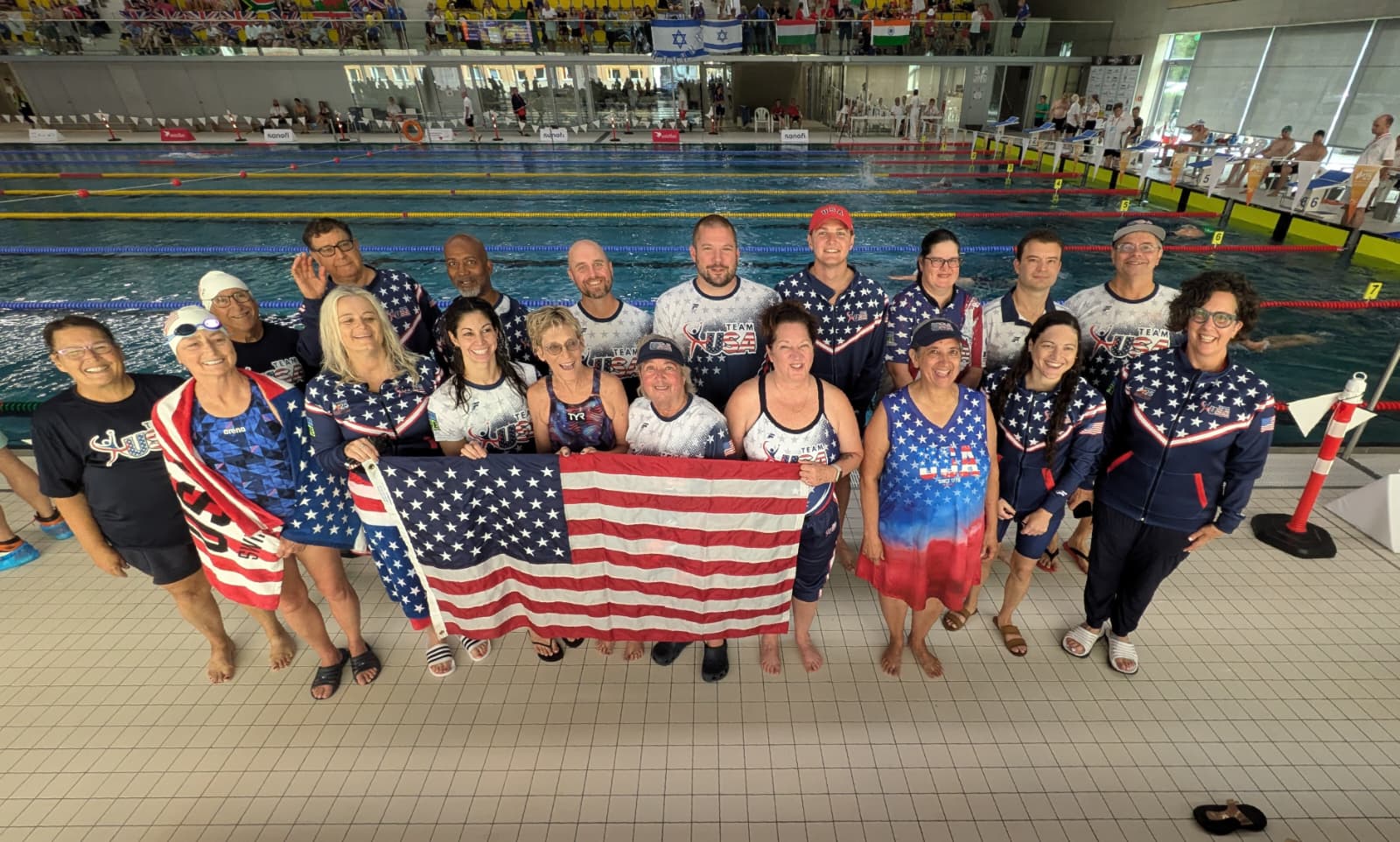
Leave A Comment